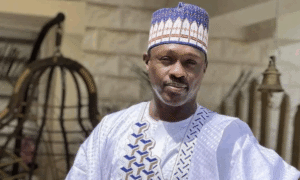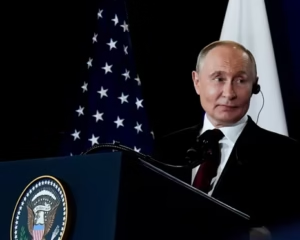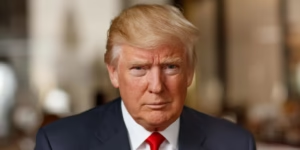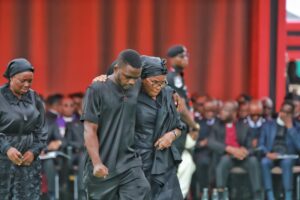Blakk Rasta Criticizes African Leadership, Decries Presidents’ Power as ‘Demigods’
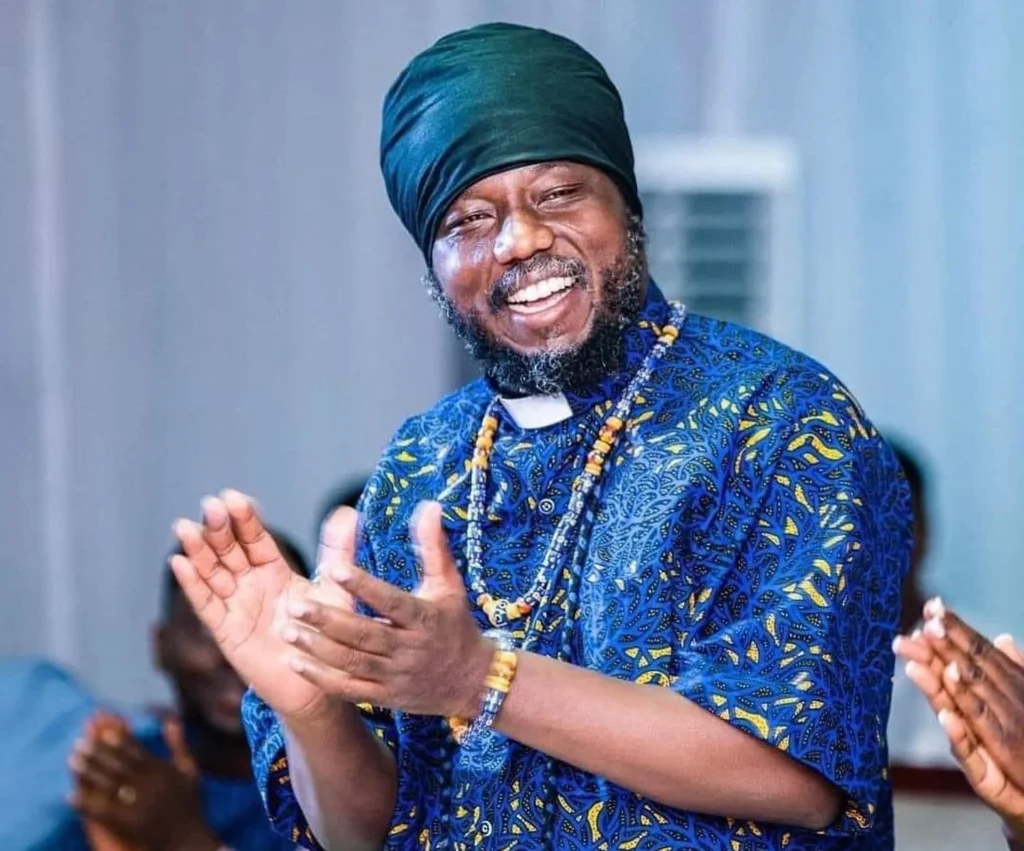
Abubakar Ahmed, the celebrated Ghanaian musician and radio personality better known as Blakk Rasta, has openly criticized the state of leadership in Africa during his “Urban Blend” show on 3FM. His comments, which were monitored by MyNewsGh, focused on the growing trend of African presidents wielding unchecked power and the deep-rooted issues facing the continent. His remarks were unapologetic and sparked thought-provoking discussion on the need for systemic change.
Blakk Rasta began by addressing what he sees as the near-sacred status that African presidents have acquired, likening them to “demigods.” He emphasized the immense power held by these leaders, which he believes often exceeds even that of the divine in some countries. “Now the presidents in Africa are like demigods,” Blakk Rasta said, adding that “In some countries, presidents are even more respected than God.” He went on to stress the unchecked power that many African presidents hold, which he believes often leads to executive overreach and undermines democratic processes. This, Blakk Rasta argued, is not only unhealthy for the political systems but also detrimental to the overall development of the continent. He advocated for a reassessment of the powers granted to these leaders, echoing former President John Dramani Mahama’s calls to limit executive authority.
Blakk Rasta also brought attention to Mahama’s recent stance on abolishing ex-gratia payments for government officials, a promise made during his campaign for re-election. The musician pointed out that Mahama’s decision to forgo ex-gratia benefits, despite his own wealth, signals a genuine desire for reform. “Here’s a man who understands the sweetness of wealth, yet he’s saying he’s not interested in ex-gratia. This is a bold stance, and I see genuine energy to work. But Mr. President, don’t get complacent—it’s early days yet,” Blakk Rasta advised. He commended Mahama for his commitment to reducing unnecessary financial benefits for government officials, but cautioned him to stay focused on his goals and avoid becoming complacent in his leadership.
However, Blakk Rasta was less complimentary when discussing the government’s “Year of Roads” initiative, a project that was heralded as a significant step toward improving the country’s infrastructure. According to Blakk Rasta, the program has been nothing but a disappointment. Reflecting on his own recent travel experiences, he painted a vivid picture of the poor state of the roads, particularly during his trip from the capital city, Accra, to Wa. “I drove all the way from the capital to Wa, and the so-called Year of Roads is nothing but a farce,” Blakk Rasta said, highlighting the terrible road conditions, dust, and potholes along the way. He described how the poor infrastructure continues to affect both urban and rural communities, undermining any claims of progress. “The dust, potholes, and broken-down cars tell the real story,” he added, underscoring the disconnect between the government’s promises and the reality on the ground.
Blakk Rasta also criticized the government’s failure to address the needs of rural areas, particularly communities that are still lacking essential amenities like clean water. He shared his experience of visiting a village called Chich, where he found that the community was deprived of basic facilities. “Imagine entering Accra by road and being greeted by such terrible conditions. It’s shameful!” Blakk Rasta exclaimed, describing the stark contrast between the capital city and the rural regions. The lack of infrastructure, including access to basic necessities, is an issue that continues to affect many parts of the country, particularly in the northern and rural regions, where development efforts have lagged behind.
The musician concluded his segment by stressing that African leaders must prioritize the needs of their people and put in place policies that will lead to tangible improvements in their lives. Blakk Rasta believes that the current trend of treating African presidents like demigods not only fosters a sense of entitlement and abuse of power but also perpetuates the challenges facing the continent. He called for reforms that will limit the power of executives and promote more accountability and transparency within African governments.
Through his impassioned commentary, Blakk Rasta has highlighted a growing sentiment across Africa, urging for a shift in how leadership is approached and demanding greater focus on the welfare of citizens. His reflections on the state of governance in Africa have sparked crucial debates about power, accountability, and the future of the continent.


